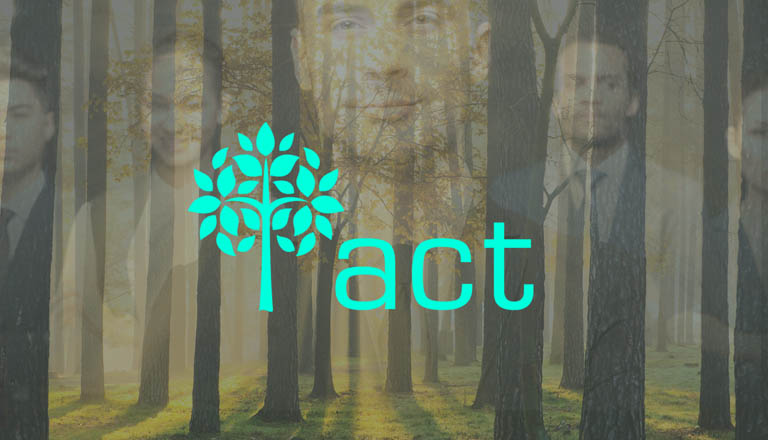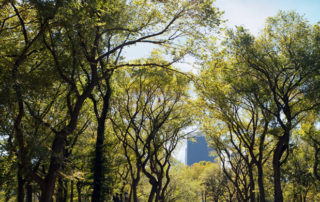Tree wise? There’s still a lot to learn
It would be easy to write off disagreements on tree removal as a feud between commercial interests and hippie tree huggers. Or just another round of conservatives vs. liberals. But as with most issues that that ignite polar passions, it’s not that simple. And as with most issues that aren’t that simple, the more we know the better equipped we are to decide. For example:
Now, who’d you say this Senate Bill 14 serves?
SB 14 (and companion legislation) has been touted as “a blow for individual rights” by the governor and the legislators who are carrying his water. You sure couldn’t tell it from testimony July 22 before the Business and Commerce Committee. Of 192 participants, 176 said they were against the bill, which prohibits local governments from practicing good environmental stewardship by outlawing efficient management of the Texas’ urban tree canopy.
For the bill? 16.
Of those 16 almost half represented organizations, including real estate, construction and apartment management organizations. Of those against, 82% were representing themselves.
Despite this overwhelming, opposition the bill cleared committee on a 6-3 vote.
So, If this legislation is designed to bolster individual rights, why are the vast majority of those who bothered to address the committee individuals … who apparently feel their personal rights are better served without SB14?
And what prompted the six members who voted to push the bill forward?
The magic properties of our urban forest
Urban forest. It seems a complete contradiction — like jumbo shrimp or bureaucratic efficiency. But a recent study by the U.S. Department of Agriculture suggests that almost 80 percent of U.S citizens live in urban ”forests,” which the agency defines as “all publicly and privately owned trees within an urban area.”
Those trees aren’t just sitting there looking pretty. They’re providing tangible benefits in improved air, water soil and even commerce to the entire community, according to studies referenced by the USDA. Among them:
- Two mature trees provide enough oxygen for one person to breathe over the course of a year.
- The net cooling effect of a young, healthy tree is equivalent to 10 room-size air conditioners operating 20 hours a day.
- For every 30 meters of trees, noise pollution is reduced by up to 50 percent.
- Forests improve public health by keeping pollutants out of our lungs by trapping and removing dust, ash, pollen and smoke.
- People shop more often and longer in well-landscaped business districts and are willing to pay more for parking and up to 12 percent more for goods and services.
Fee simple: Congrats. You own a bundle of sticks
In Texas — as in most states — real estate is conveyed to its owner under the concept of “fee simple,” or absolute ownership of the land and whatever is on it, in it or under it. It’s like a bundle of sticks and you can do what you want with all of ’em. Sort of.
In practice — there are restrictions on what you can do with some of your sticks:
- If there’s water under your property, you can dig a well and go get it … unless at any point it rises to the surface. Then it belongs to everyone in Texas.
- You can’t buy a single-family lot and put up a 12-story hotel.
- Most gated communities won’t let you raze a three-bedroom home and replace it with a yurt.
- Slash and burn agriculture is prohibited in most residential neighborhoods.
- So – in most communities – is buying tigers and elephants and opening a circus.
So it’s not unusual to see limits on the freedoms enjoyed by landowners. More than 50 cities in Texas choose to mitigate damage with restrictions on what an owner can do to his piece of the urban forest. The question is who’s better suited to decide those — your friends and neighbors or the State. And who’s most likely to enforce them.



